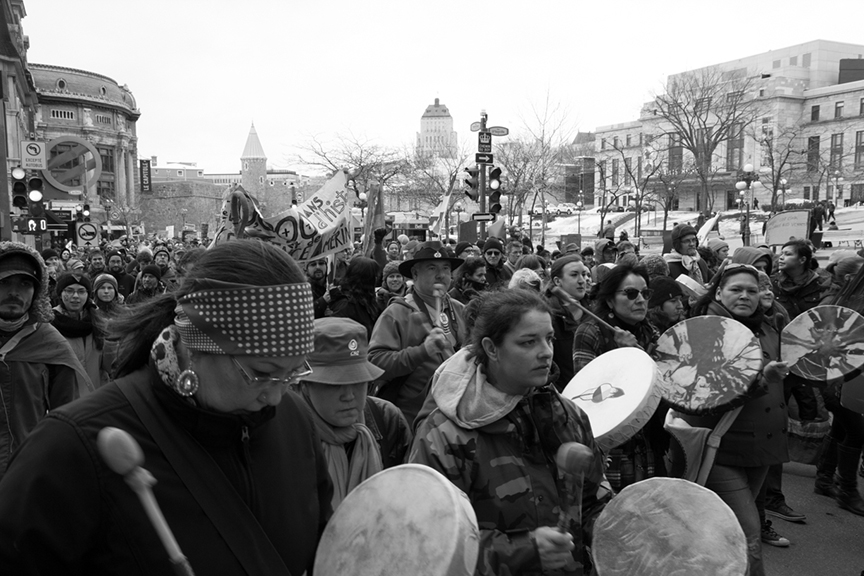Heid Jerstad brings our climate change issue to a close with this thoughtful essay. Jerstad (BA Oxford, MRes SOAS) is writing up her PhD on the effects of weather on peoples lives at the university of Edinburgh. Having done fieldwork in the western Indian Himalayas, she is particularly interested in the range of social and livelihood implications that weather (and thus climate change) has. She is on twitter @entanglednotion –R.A.
For most people, the climate change issue is a bundle of scientific ideas, or maybe a chunk of guilt lurking behind that short haul flight. The words have fused together to form a single stone, immobile and heavy. Change is a bit of a nothing word anyway – anything can change, and who is to say if it is good or bad, drastic or practically unnoticeable?
But what about climate? It is a big science-y word, neither human nor particularly tangible. Climate is about a place – engrained, palimpsested, with time-depth. That big sky, those habits – the Frenchman advising wine and bed on a rainy day, the Croatian judge lenient because there was a hot wind from the Sahara that day. This is weather I am talking about, seasons, years, the heat, damp and sparkling frost.
People care about the weather. We consider ourselves used to this or good at observing that. My home has more weather than other places – it is colder in winter, the air is clearer and brighter – because it is mine. My sunsets – this is eastern Norway – are vibrant and fill the sky, my sky will snow in June with not a cloud, my nose can feel that special tingle when it gets to below -20˚c. The north is not gloomy in winter – the snow is bright white, the hydro-fuelled streetlights illuminate empty streets and windows seal the warmth in.
What is your weather? It would be safe to assume it is part of the climate and I would go out on a limb and say I think you care about it. Am I wrong?
When the weather matters to people, the task becomes one of bridging this caring and the climate change science and projections. Looking at the impact of these weather changes in different areas of life is, then, going to make up a steadily larger part of useful climate change research.
Mead famously convened a conference with Kellogg titled ‘The Atmosphere: Endangered and Endangering’ in 1975, and Douglas published Risk and Blame in 1992. In the new millennium Strauss and Orlove (2003), Crate and Nuttall (2009) and Hastrup and Rubow (2014) brought edited volumes to the debate. It seems to be fairly well established, then, that climate change is a matter for anthropologists, as phrased by the AAA statement on climate change: ‘Climate change is rooted in social institutions and cultural habits. … Climate change is not a natural problem, it is a human problem.’ What then, can anthropologists do, about this problem? Continue reading
